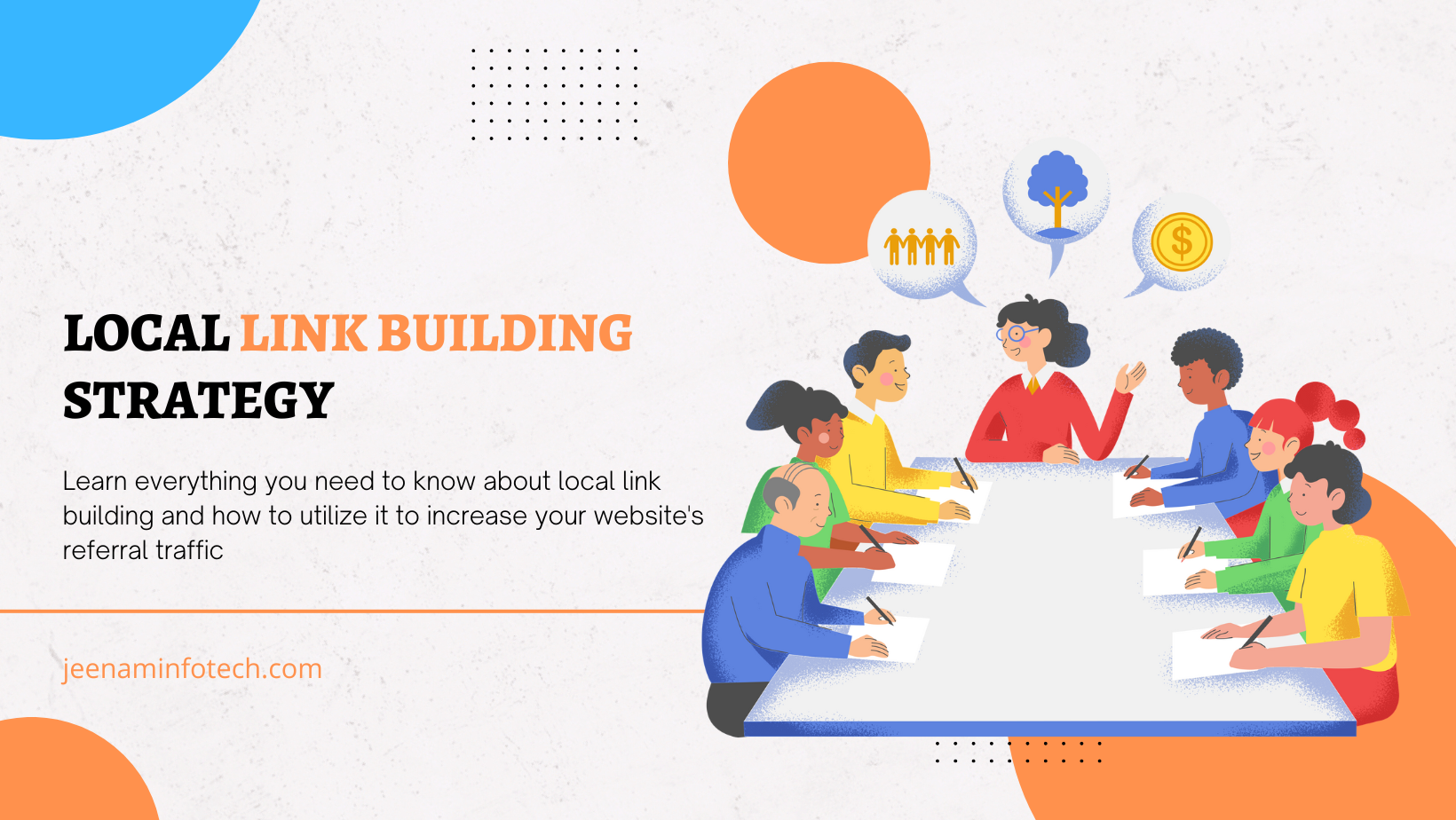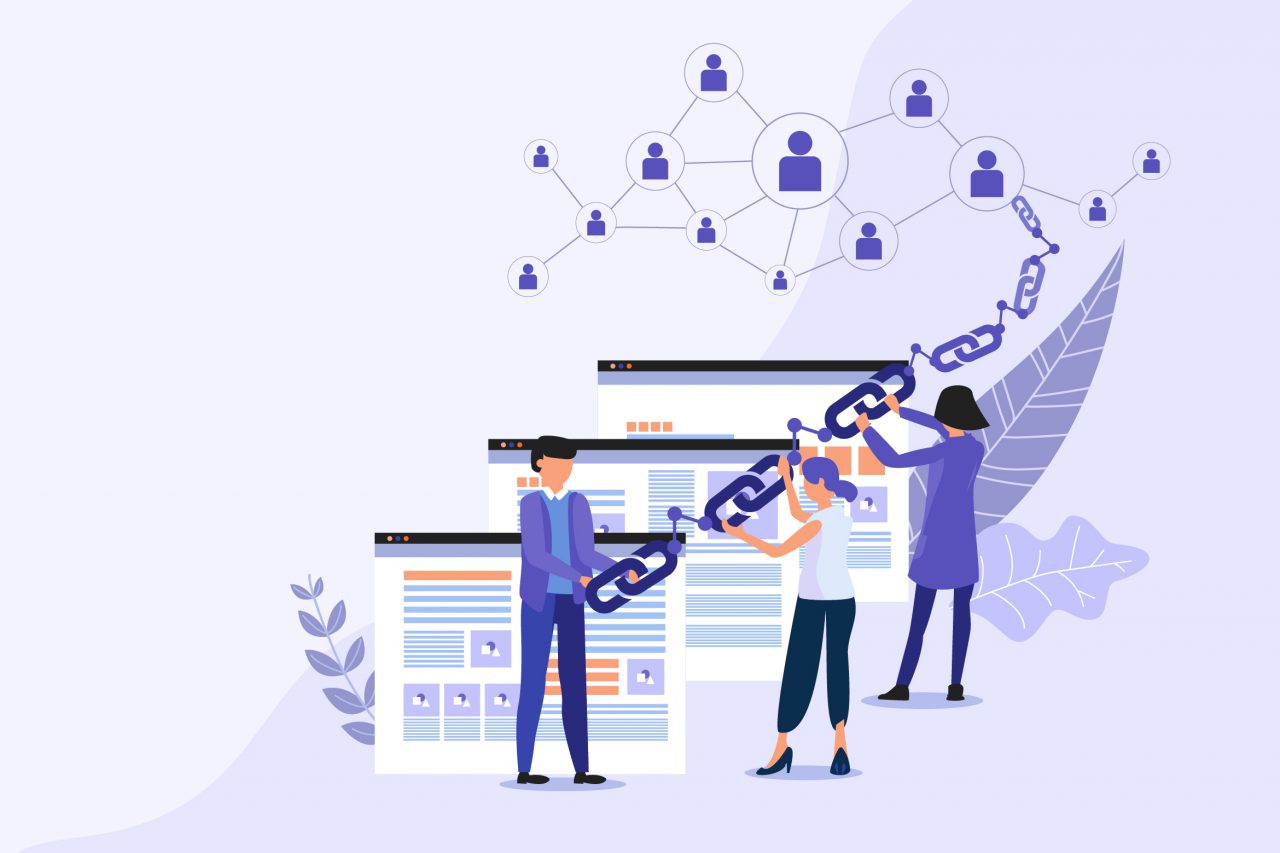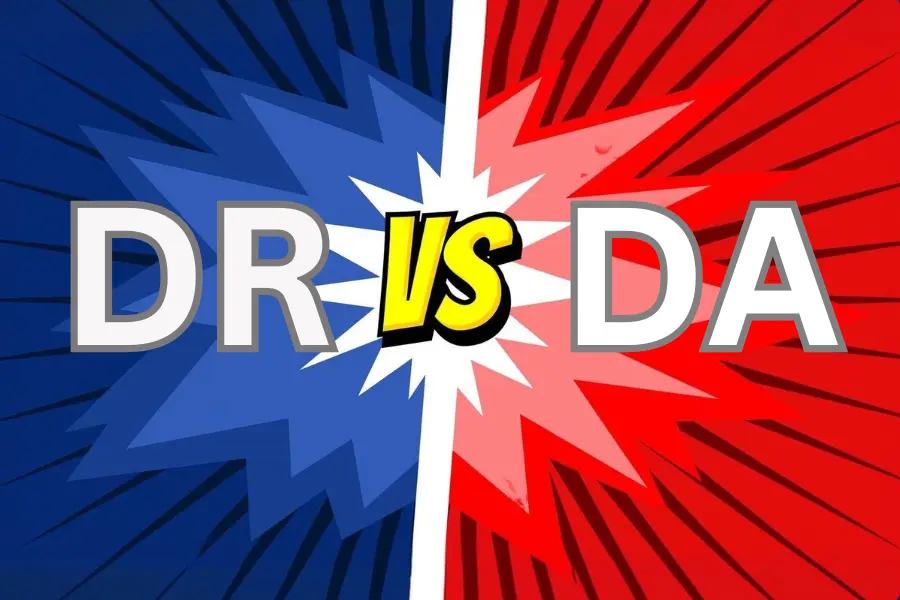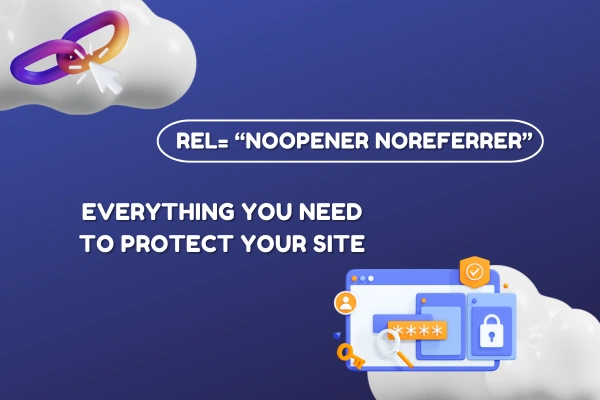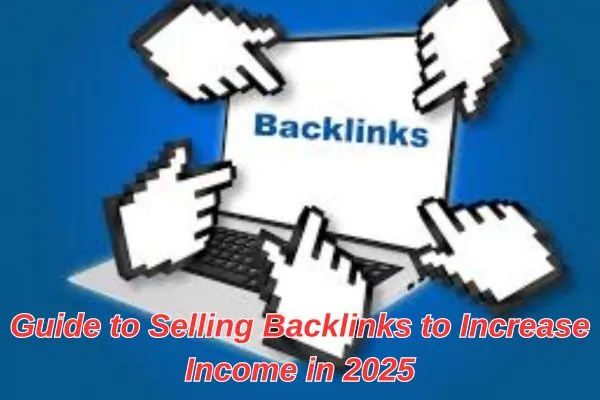Local link building: If you want to improve the local SEO of your business, you might want to use a regional link-building strategy.
Building local backlinks takes more outreach and hands-on work, but your business will gain from the time and effort.
Learn everything you need to know about local link building and how to utilize it to increase your website’s referral traffic in this comprehensive guide.
You can read the whole thing or go straight to the part you want to read.
What Is a Local Link Building?
Local link building refers to acquiring backlinks to a specific area from other geographically relevant websites.
Local link building refers to acquiring backlinks from websites catering to a local audience like one’s website. Potential sources of information include local periodicals, blogs, business websites, and directories.
Typically, these websites possess a more limited readership and exhibit lower domain authority than periodicals of national or international scope.
However, including connections from these websites can be advantageous owing to their high relevance.
Most of the time, local SEO experts focus on:
- Fixing details about the NAP (Name, Address, and Phone Number)
- Putting together a list of references
- Creating effective local material
- Getting links from other pages in the area
Here are three reasons why you should think about local link-building
1) Better targeting of your audience
By establishing connections with regionally relevant websites, your website gains visibility among potential customers more likely to purchase.
Think about the possible business inquiries through local links.
Consider yourself a professional accountant in a little town on the eastern coast of the USA. Obtaining a link related to the industry from a high-domain authority magazine is highly advantageous.
However, the likelihood of generating substantial business outcomes is higher if the magazine’s target readership primarily comprises individuals residing in California.
Conversely, a backlink from a publication targeting individuals within your geographical area may possess a lower degree of domain authority. Nevertheless, it has the potential to help with more client acquisition.
It is essential not to disregard the significance of the first type of relationship.
These methods greatly enhance domain authority and improve search engine results. The study aims to examine the importance of both regular and local links.
2) It is an effective source of backlinks
Acquiring inbound links for one’s website might pose a challenging task. However, local backlinks are sometimes overlooked as a valuable resource, especially in tiny regions with numerous opportunities.
Consider the various enterprises, online content creators, and media outlets targeting the local demographic. Each individual possesses a website from which one may get a hyperlink.
Moreover, prominent websites are accustomed to receiving substantial link-building and outreach communications. This type of request is frequently disregarded.
However, local enterprises might be more willing to assist, mainly when your organization operates in the same area.
3) Allows real connections
Local link-building is an opportunity to establish genuine ties with other local businesses.
Rather than bulk email communication, one may opt to engage in a direct telephone conversation with the company entity using a local telephone line to deliberate upon their ideas. You can visit in person.
Although cultivating relationships may not yield immediate search engine optimization (SEO) advantages, it can contribute to the overall success of a firm.
4) Importance of Local SEO
The significance of local search engine optimization (SEO) cannot be underlined.
It is important to note that search results can vary significantly based on geographical location. This is due to Google’s effort to present search results that are contextually relevant to the local user.
Consequently, optimization techniques tailored explicitly for local search engine optimization (SEO) have emerged.
We don’t know if Google looks at how relevant a link is to a local area when deciding what to show in local search results.
It’s unclear if the search engine considers link relevancy, but it wouldn’t surprise us if it did.
How many local backlinks do I need?
Most local businesses do not require substantial backlinks to rank highly in local search results.
When examining the Search Engine Results Page (SERP) overview for a local query in Keywords Explorer, it is common to observe firms with over 150 referring domains achieving a first-page ranking.
Keywords Explorer can be utilized to gain an understanding of the level of competition associated with the keywords that are being targeted.
One may simply navigate to the Search Engine Results Page (SERP) summary to determine the number of links the top-ranking pages possess.
What’s the Difference between a Backlink and a Citation?
In search engine optimization, the phrases backlink and citation are often used interchangeably, leading to confusion.
- A backlink is a link from a different site to your own. Anchor text that describes the linked page on your site is used here.
- When your company’s name, address, and phone number appear in an internet directory, this is called a citation. Your company’s NAP data consists of these three pieces of information. Your company’s website may occasionally be listed in an internet directory. A citation and a backlink from this directory would be handy.
Are you afraid about taking on local link building? Check out these ten local link-building strategies for attracting more local customers.
#1. Get Your Company Listed in Local Directories
According to studies, 94 % of people have used a business directory in the previous year to research a potential purchase or service provider.
Include your company in directories to take advantage of the chances they present for local link building. The following are examples of popular local business directories:
The top US providers are:
Other major players:
- Google My Business
- Apple Maps
- Bing
- Yellowpages
- TomTom
- Yelp
- Dunn & Bradstreet
You are looking for additional local or niche directories, aren’t you? When you are ready to submit an entry to a local directory, make sure to carefully follow their requirements.
Include a brief introduction to your company and its unique characteristics, such as its website and operating hours.
Every data contributes to a directory’s ability to verify your company, which, in turn, increases your chances of being accepted (and of gaining a backlink).
#2. Write a blog covering relevant keywords to get local links
Do you already have a blog? If not, you should start one and focus on neighborhood news.
This step takes more work, but here’s why building links for local SEO is worth it through writing.
Blogs let you show off your knowledge and experience, which builds trust with customers and, in the end, makes them more likely to choose your brand over others.
A study from Demand Gen says that 62% of buyers read blog posts at the beginning of the buying process.
It is convenient to share blog posts on various social media platforms. Over time, more shares will make your brand more known, bringing in more traffic.
Once you’re ready to start your local blog, here’s how to get local baclink to your posts.
- Backlinks come from good content. Spend time finding out what your readers want and write articles that meet those needs. If people like what you write, they will link back to it.
- Submit your work to roundups of links. Since the authors of roundups are continually looking for interesting, fresh content to include, you have a decent chance of being included in the next one, along with a hyperlink.
- Bring attention to your social media posts. The more your content is shared, the more likely writers looking for content to link to will find you.
- Use social media like Twitter, LinkedIn, and Facebook. Build business relationships and become known as an expert in your area, and backlinks will come to you organically.
#3. Explore additional options to build local links
These are links to related content on other local websites focused on your region.
If you are willing to hunt for them, you can find a wide variety of chances and write a follow-up article that outlines a method for finding opportunities like this.
Here are some options to enhance local link-building
- Institutions of higher education (for example, job advertisements, scholarship opportunities, club sponsorships, discounts, and links to alumni organizations)
- Websites and directories for a specific city
- Podcasts, magazines, and newspapers from the area
- Some sites that focus on the state or the places around it.
- Local community organizations (such as those on Reddit, Facebook, Nextdoor, and other platforms)
- Sponsorships (for sports groups, races, meetups, charities, etc.)
You can also use the ties you already have. Examples of this can include customer testimonials or case studies done for one of your affiliates or suppliers.
It’s also possible that these relationships are made through business groups, religions, or even persons. If you want to conduct things on a local level, like expert roundups, using ego bait is an excellent strategy to employ.
You could offer deals like free product demos or savings during certain times of the year. It all depends on what works best for how you run your business.
After you decide on an event or sale, you need to let people know about it.
- Study online to find local news sources like newspapers, radio stations, Facebook groups, etc.
- Choose which places to go after based on who your customers are. Social media is an excellent place to start because 96 % of 18- to 25-year-olds and 87 % of 55- to 66-year-olds check it daily.
- Write a brief news statement. Include important events, information, and a link to a URL.
- In your news release, don’t forget to include keywords. You can use Ubersuggest to find relevant keywords.
#4. Find mentions of your brand that don’t have links and ask for links
Backlinks from reputable, authoritative websites are hard to come by, but unlinked brand mentions can be a gold mine.
If, for example, the recipient of the outreach email is already familiar with your brand, it will be much simpler for you to communicate with them via email.
If they’re talking about your products or services, it’s not illogical to imagine that you might ask for a backlink from them.
You shouldn’t waste time and resources following every mention of your brand online, especially on a low-quality website that won’t help your search engine rankings.
The first step is to search the internet for unlinked references to your brand. You can accomplish this by utilizing a tool like BrandMentions:
After that, locate the appropriate contact to whom an outreach email should be sent.
The person who should be contacted may be the proprietor of the website or someone working in the marketing department.
In most cases, you can access this information using resources like LinkedIn or social media like Twitter.
At this point, you should send your outreach email. Pay compliments to their business and express gratitude for mentioning your company.
Politely explain why including a backlink on your website could benefit their business, and consider giving them a link in exchange.
You shouldn’t ignore the brand mentions that aren’t linked.
Instead, you should actively seek them out, cultivate relationships with the owners of other websites, and transform these relationships into effective backlinks.
#5. Purchase Domains Within Your Industry
70 % of domains undergo non-renewal after the initial year.
There are many opportunities for local businesses, such as yours, to acquire pertinent domain names within your industry strategically.
In addition to purchasing domains, there are other options available for acquisition. The website can be acquired in its entirety directly from the current owner.
This is occasionally denoted as a domain name transfer agreement or a website asset transfer agreement.
What makes a difference?
When an individual purchases a domain that has expired from a hosting service such as GoDaddy, they can utilize the domain name to establish a new website. Additionally, it is possible to configure it as a redirect to your pre-existing website.
When acquiring a website from its proprietor, buying the domain and all existing material associated with it is customary.
Although the cost of a comprehensive website takeover may appear concerning, it is crucial to consider the investment of both time and money required to acquire such valuable information.
In addition, it is essential to note that the retention of domain authority and the preservation of the content’s original publishing date enhance the website’s credibility.
Where does one start?
To obtain information about a particular domain, navigate to the website Whois.com and enter the desired domain name into the search bar at the top right corner of the webpage.
Typically, the contact details of the proprietor can be obtained from the accessible records.
In such circumstances, locating a contact form on the website and initiating communication is advisable. There is no harm in making inquiries.
#6. Become a source people can trust
A great way to get into the news is to become a source. You give quotes for stories about your area of knowledge, which boosts the credibility of the articles.
HARO link-making is similar but not just for the local news sites.
Building ties with journalists is the hardest thing to do. You can ask people in your network if they know any writers who might be interested.
Twitter is another good place to look. There are a lot of journalists on the site, which makes it a great place to make connections. Other social media sites can be helpful.
You could also just go to the journals you want to be in. Tell reporters and editors what you know and are willing to be quoted in stories.
#7. Get involved in forums in your area
Forums don’t have as many users as they used to. And posts from media don’t have a lot of weight.
Still, they can be a simple way to get local links to your site. And busy boards can be good places to meet people in your area and get to know them.
Find groups. This is the first step in this plan. Google is your friend in this situation, so go to the search engine and start looking for important terms.
If you can’t find any general groups for your area, look for sports teams in your area. There are still active fan groups for many.
The hardest part is dropping links without making it look like you’re trying to spam the group.
You may be able to put a link in your bio or signature on some sites. This is the easiest way for people to link to your site.
When replying to a topic or remark, only provide links if they are very relevant and helpful to the readers.
Forum links can also bring appropriate traffic to your site, an added benefit.
#8. Offer to Give Testimonials
When you write a glowing review of a local business or service you’ve utilized, you’re engaging in testimonial link-building.
The business adds a link to your site and your suggestion to its website. You get something out of the association, and the company gets new customers by showing how excellent its service is.
To build links, make a list of other local businesses you are happy to suggest.
Then, you can contact them and ask if they’d like to use your review.
Be on the lookout for neighborhood establishments with case studies, testimonials, or customer stories integrated into their online presence. These are good targets because they have been linked to sites.
Even if a business doesn’t have these areas, they may still want to feature you. You just need to show the owner of a local business how important recommendations are.
#9. Broken Link Building
The practice of broken link building involves identifying and leveraging broken hyperlinks on external websites to acquire new backlinks for one’s website.
Broken link building involves proactive outreach to webmasters to acquire backlinks from non-functional or “broken” connections on their websites.
A broken hyperlink is generated when a webpage attempts to connect with another webpage, but the intended link is non-existent.
Tools such as SEMrush or Ahrefs can also facilitate the identification of broken backlinks, offering a more interactive approach to link building.
These tools can assist in the title of broken backlinks within the local websites of your competitors.
#10. Contact the tourist board in your area for local links
Tourist boards are usually happy to spread the word about local businesses that tourists might find interesting. This is an excellent way to build links if your business is geared toward tourists.
Hotels and other tourist spots are just some places that can gain. For example, the website for the Cheshire tourist board lists a wide range of companies, such as:
- Hotels
- Restaurants
- Bars
- Famous shops
- Events and parties in the area
- Local Businesses that deal with weddings
- Courses for golf
If a tourism-related business were featured on this website, it would not only get a backlink but it would also get a lot of attention.
Most websites have contact forms that you can use to tell people about your business. If you are still having trouble, contact the marketing department.
The final word on the Local link
Developing and implementing a local link-building strategy might be considered a difficult task. However, utilizing appropriate resources can make this undertaking an enjoyable and informative process that effectively represents your local business.
In this guide, we have defined local link-building opportunities and discussed their significance for your local businesses. We have included representations of local link-building strategies and provided a comprehensive overview of a thriving local link-building strategy.
If you want to try it out for yourself, don’t be afraid to contact us for a demo and take the first step toward building local links that will help your local business grow in your area.

